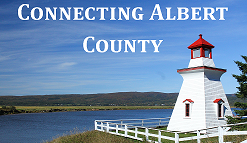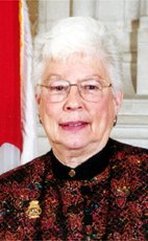been born after, and died before, the long-lived queen. And
while Queen Victoria was the one who set about creating a
greater symbolic role for the monarchy going forward, it
was Walter Bagehot who codified the monarchy's political
role. Now, Mr. Bagehot would likely object that he was only
observing what was already falling into place but in the years
since his death The English Constitution has been
studied by every heir to the throne as to what their role should
be. In physics there is a theory that the mere act of observing
a phenomenon inevitably changes that phenomenon. And in
this instance it holds true of political science as well. Walter
Bagehot observed that:
To state the matter shortly, the sovereign has, under a constitutional monarchy
such as ours, three rights — the right to be consulted, the right to encourage,
the right to warn. And a king of great sense and sagacity would want no others.
He would find that his having no others would enable him to use these with
singular effect. He would say to his minister: “The responsibility of these measures
is upon you. Whatever you think best must be done. Whatever you think best shall
have my full and effectual support. But you will observe that for this reason and
that reason what you propose to do is bad; for this reason and that reason what
you do not propose is better. I do not oppose, it is my duty not to oppose; but
observe that I warn.” Supposing the king to be right, and to have what kings often
have, the gift of effectual expression, he could not help moving his minister. He
might not always turn his course, but he would always trouble his mind. In the
course of a long reign a sagacious king would acquire an experience with which
few ministers could contend. The king could say: “Have you referred to the
transactions which happened during such and such an administration, I think
about fourteen years ago? They afford an instructive example of the bad results
which are sure to attend the policy which you propose. You did not at that time take
so prominent a part in public life as you now do, and it is possible you do not fully
remember all the events. I should recommend you to recur to them, and to discuss
them with your older colleagues who took part in them. It is unwise to recommence
a policy which so lately worked so ill.”
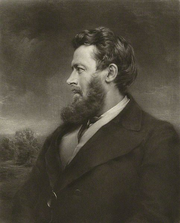 Walter Bagehot
Walter Bagehot a constitutional monarch the first and
third have little changed from his day.
But I feel the second right, the right to
encourage, has slowly transformed. So,
slowly in fact that it was only with the
recent pandemic that factors led me to
notice it. What was once a right to
encourage politicians has become a
right to encourage the greater public.
possible, or perhaps even desirable. His well-known contempt
of the political, and even rational, abilities of the lower classes
created blinders to such an expansion of the right to
encourage. At the same time technology did not yet allow the
expansion of this right with radio and television still in their
infancy. And finally, the character of Queen Victoria herself
did not allow it to expand as for much of her reign she shut
herself away from the people.
But what exactly am I referring to? In the quoted section
above Bagehot notes that a monarch can encourage a prime
minister to refer to events that occurred during previous
administrations, ask them to consult with the older men who
experienced those events, and suggest actions that might be
better. During the conference in London to finalize Canadian
Confederation Queen Victoria made use of her right when she
told John A. Macdonald that “I am very glad to see you
on this mission. It is a very important measure and
you have all exhibited so much loyalty.” This is the
right to encourage as traditionally defined.
My first suspicion that a change has occurred without anyone
really commenting on it was the Queen's recent broadcast to
the UK and the Commonwealth:
part during the pandemic and encouraging (in the sense of
comforting) those who were having a hard time during it. It is
not about legislation but instead advocating people do what is
right.
The Queen's decision to record an Easter message (a first in
her long reign) again functioned to encourage people to
practice social distancing and to instill hope for the future:
throughout the Queen's Christmas messages as well. It would
seem that as the monarchy has taken on a more public role
the right to encourage has expanded in scope with it. The
Queen did not start this expansion (that distinction belongs to
her father) but her long reign has cemented its new form as a
prerogative of the Crown. Current events have simply made such encouragement more necessary. Her Majesty seems to
be everywheres in recent months. Her Covid-19 address was
accompanied by a special note for Canada. The New
Zealand Prime Minister was also surprised by a phone call
from Her Majesty. Of the videos that have been released only
the VE address was previously planned.
Some claim that the monarchy needs to evolve (without ever
really stating how) but miss the fact that the monarchy is a
living institution that has always been evolving to meet the
needs of its people. The expansion of the right to encourage is
necessary because politicians are bad at encouraging people
to follow rules. The respect people once held for elected
officials just isn't there to the degree it once was.
But let me switch gears before I sign off and note that in some
provinces restrictions start loosening tomorrow. Be sensible
with the increased freedom and have a Happy Victoria Day.
Loyally Yours,
A Kisaragi Colour
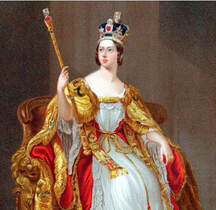
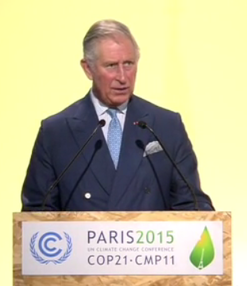
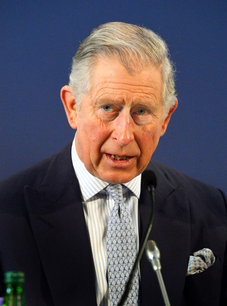
 RSS Feed
RSS Feed



